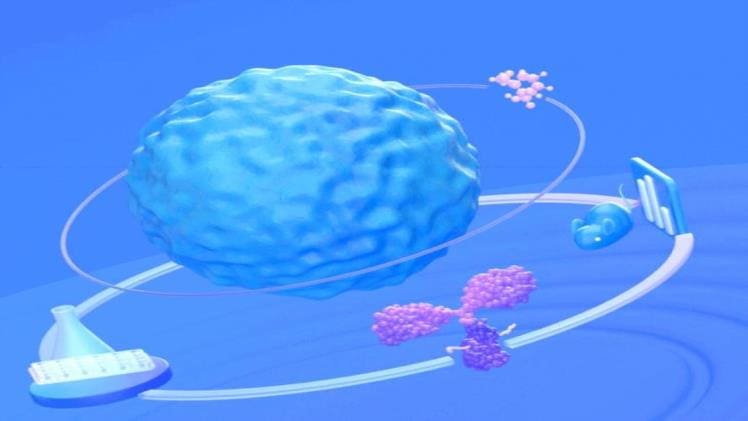In the dynamic world of pharmaceutical research and development, understanding the intricate details of how drugs are absorbed, metabolized, and distributed within the body is paramount. This knowledge is crucial for making informed decisions during the drug development process, and it falls under the purview of the Drug Metabolism and Pharmacokinetics (DMPK) Service Department. Let’s delve into what DMPK is used for and how it plays a pivotal role in the journey of bringing new medicines to the world.
The DMPK Service Department’s Vital Role
The DMPK Service Department is a vital component of the Laboratory Testing Division, offering expertise in both in vivo and in vitro pharmacokinetics studies. When pharmaceutical companies and researchers embark on the quest for new drugs, they often turn to specialized partners like WuXi AppTec. This partnership grants them access to a global network of facilities specializing in various aspects of drug discovery and development. WuXi AppTec provides a comprehensive suite of services that encompass the entire drug development spectrum. These services are designed to ensure that potential new medications are rigorously tested and evaluated at every stage of their journey, from inception to clinical trials and beyond.
Exploring the DMPK Toolbox
The dmpk services Department’s toolbox is brimming with techniques and studies that shed light on how drugs interact with the human body. Let’s take a closer look at some of the key tools at their disposal:
- In Vitro Absorption, Distribution, Metabolism, and Excretion (ADME) Studies: These studies delve into how drugs are absorbed by the body, how they are distributed to different tissues, how they are metabolized or broken down, and how they are eventually excreted. Understanding these processes is fundamental in optimizing drug formulations for maximum effectiveness.
- In Vivo Pharmacokinetic Studies: In contrast to in vitro studies, in vivo pharmacokinetics involves studying how drugs behave within living organisms. These studies provide insights into how drugs move through the bloodstream, are processed by the liver and other organs, and ultimately exert their therapeutic effects.
- Metabolite Identification Studies: Drugs often undergo transformations in the body, leading to the creation of metabolites. Identifying these metabolites is crucial as they can have different properties and effects compared to the original drug. Metabolite identification studies help in understanding potential safety concerns and drug interactions.
- Quantitative Autoradiography Studies: These studies involve the use of radioactive compounds to track the distribution of drugs within tissues. By visualizing the drug’s journey at the cellular level, researchers can gain valuable insights into drug localization and targeting.
- Human Radioactive Substance Balance Studies: In some cases, drugs may be administered with trace amounts of radioactive substances to track their fate in the body. These studies provide a comprehensive understanding of how drugs are eliminated and help ensure their safety.
- Metabolite Safety Evaluation Studies: Assessing the safety of drug metabolites is crucial to avoid unexpected adverse effects. These studies focus on determining the potential toxicity of metabolites and their impact on human health.
Conclusion: A Global Network for Drug Development
The commitment to providing high-quality data, precise R&D strategies, and excellent services underscores WuXi AppTec’s dedication to being the preferred partner for DMPK studies. In a world where every drug development journey is unique, having a reliable ally with a global reach is invaluable.

